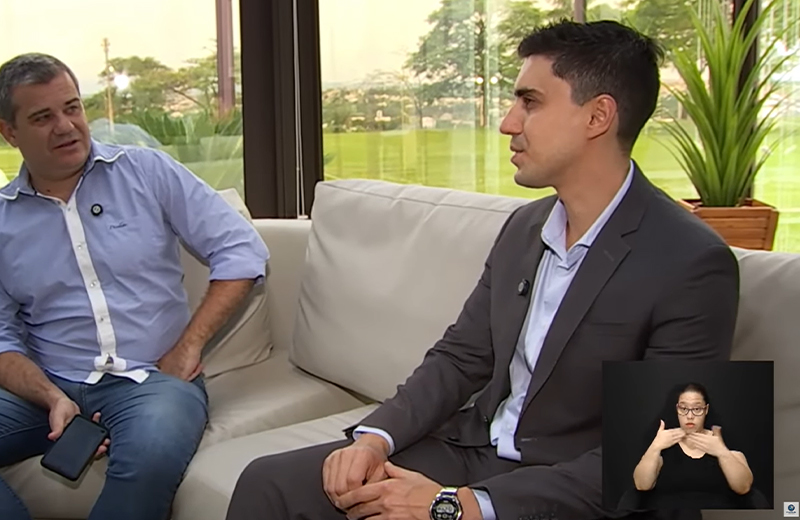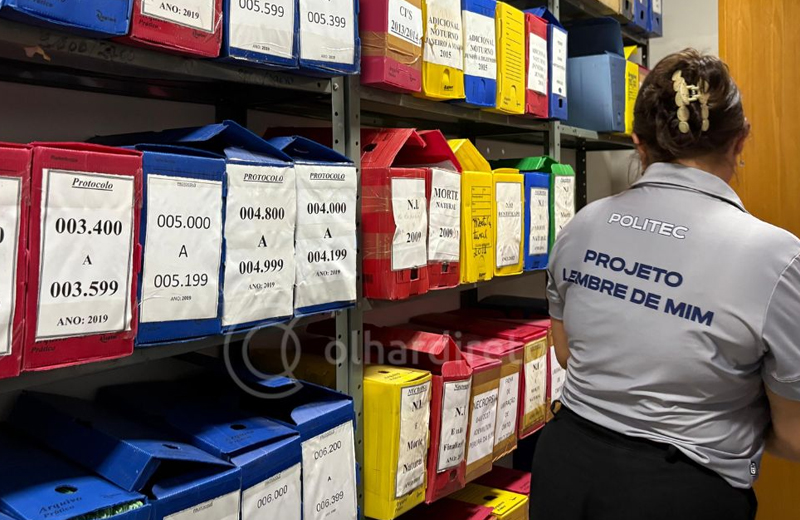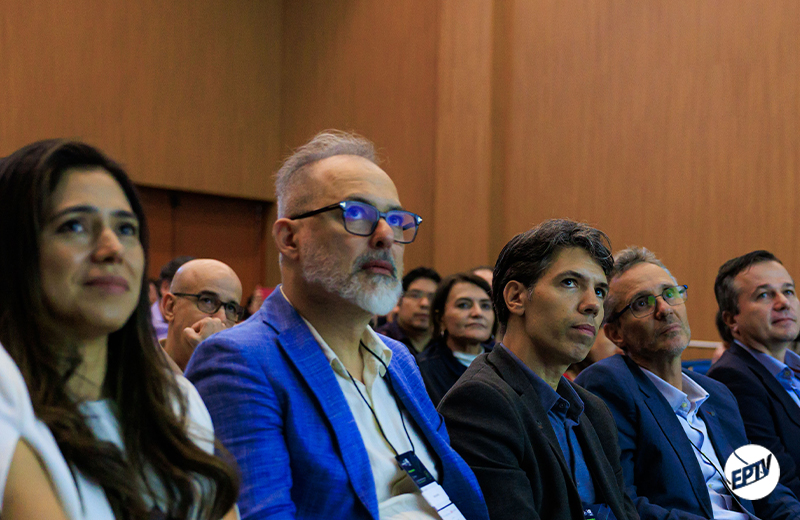Brazilian startup Griaule, which is responsible for the biometrics of the country's almost 160 million voters under a contract with the TSE, is now preparing to biometrically recognize Mexico's criminal and prison system, which has 10.5 million people registered.
The agreement with the Mexicans was reached after Griaule beat off competition from companies from France and Japan, in negotiations that had been going on since last year. The contract will be operated in partnership with a local company, Novitech. This will not, however, be the startup's first international experience. The company has already supplied technology to more than 70 countries and its clients include the Pentagon, the headquarters of the US Department of Defense.
"We use artificial intelligence to perform facial recognition and our technology prevents criminals from falsifying identification documents, points out people present at crime scenes and also uses advanced techniques for rapid identification of bodies," says Thiago Ribeiro, Griaule's Business Director.
The startup already had some familiarity with Mexican population data. In 2020, the Brazilian company carried out a project for the state of Chihuahua, promoting the integration of various biometric databases that had been segregated, such as criminal records and driver registration.
In the US, the contract with the Pentagon has been in force since 2018. The US government uses the startup's technology to recognize not only faces and fingerprints, but also latents, which are fragments of fingerprints found at crime scenes, useful in the fight against terrorism in Iraq and Afghanistan. "They register the
This technology is the same as that used in Brazil's electoral system, with which Griaule has been working since 2014. In this year's municipal elections, there is a new feature: facial recognition within the e-título application.
Founded in 2002 in Campinas by engineer Iron Daher, Griaule does not currently have a financial investor. "We've already received proposals from funds, but as the company has a surplus, we don't need a financial partner and we're looking for more strategic partnerships," says Ribeiro.
This excerpt is part of the complete content published by Globo's Pipeline website on October 1, 2024, available at this link.









